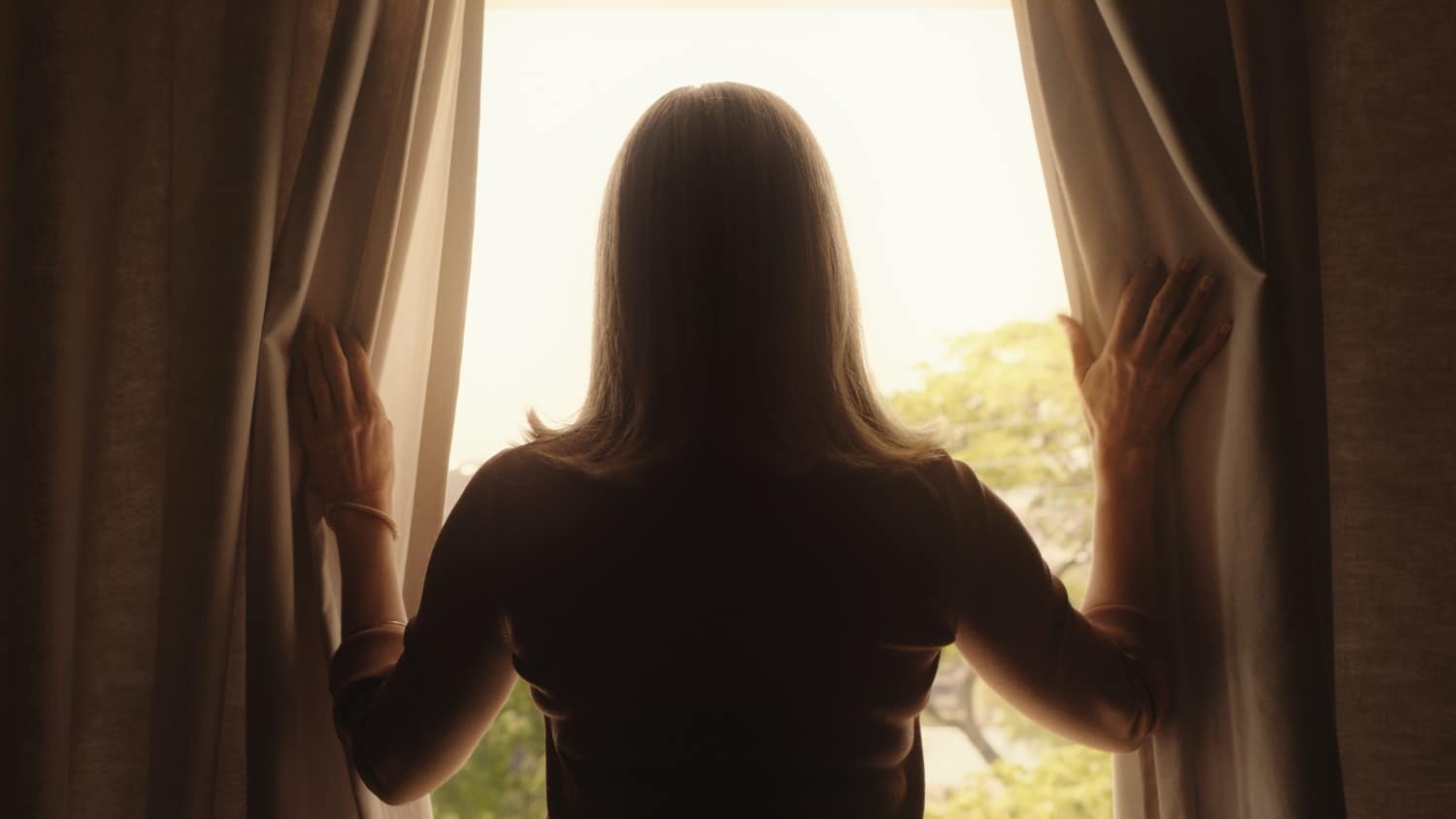
Exactly How Do You Create New Habits, Even After Age 60?
We’ve all heard the saying “You can’t teach an old dog new tricks.” Well, it’s time to prove that wrong! A specific habit change formula was created by Dr. BJ Fogg, a social scientist and the founder of the Stanford Behavior Design Lab. He describes his formula and approach in his book Tiny Habits.
This article will provide an actionable summary of the book and the exact formula that has been proven to help people of all ages implement effective habit change. If you’ve struggled with implementing new habits or ditching old ones, I highly suggest you also read Tiny Habits; you could even make reading your first “tiny habit!”
According to Dr. BJ Fogg, successful behavior change occurs when you have adequate momentum and sufficient ability to complete the habit, combined with a prompt to remind you to perform the habit.
Momentum
In order to have adequate momentum behind the habit, you must ensure the habit you choose is something you truly care about changing in your life. Make sure that you define the larger WHY behind the habit change.
Ask yourself:
- How will this new habit improve my life?
- Will it bring me more pleasure? Or less pain?
- Does it align with my values?
- Does it support my larger goals and aspirations in life?
Remembering WHY you chose to implement the new habit will help you gain the momentum necessary to sustain it.
Ability
Next, you need to ensure that you have sufficient ability to perform the new habit. For example, if you want to get into the habit of doing 50 pushups every day, but you currently cannot do even one pushup, then you don’t have sufficient ability to perform the habit of 50 pushups per day.
For best results, you need to optimize your ability to perform the habit by simplifying it drastically and making it foolproof to start! Your habit, instead, could be to perform 10 modified pushups at a time with your hands on an elevated surface, like a countertop.
The other option is to create a “starter step,” which in this case could simply be to get on the floor and into the pushup position – that’s all!
This is where the phrase “tiny habits” comes in. When in doubt, start (very) small, and set yourself up for success!
Prompt
Last, but not least, you must find a prompt, also known as an “anchor,” that dependably reminds you to perform the habit. You want to anchor the new behavior into your routine by attaching it to an already existing habit or something that already happens every day.
For example, a prompt could be brushing your teeth, going to the bathroom, answering your phone, flushing the toilet, getting out of the shower, or turning on the light. Just remembering to perform the new behavior is half the battle, so associating it with something you already do is a terrific way to remember.
Implementation
Next, you are ready to implement your new habit using the “ABCs” of Tiny Habits:
A stands for Anchor
B stands for Behavior
C stands for Celebration
When the (A)nchor moment (prompt) occurs, immediately perform the tiny (B)ehavior, then (C)elebrate your success immediately!
Your celebration could be something as simple as giving yourself a thumbs up in the mirror or saying “good job” out loud. It may seem silly, but celebrating is actually critically important for reinforcing the behavior, so do not skip this step!
In terms of the pushup example, your new habit could look like this:
After I flush the toilet, I will rest my hands on the bathroom counter and perform 10 pushups. Then, I will look in the mirror and say “good job.”
Use the following template to create your own tiny habit:
After I ____________, I will immediately ______________. Then I will ________ to celebrate.
Creating New Habits Is Age-Independent
Age itself does not make older people any better or worse at establishing new habits. If you find yourself unable to sustain the habit you drafted, you simply need to increase your momentum, simplify the behavior further, or utilize a different prompt. Let’s put this formula to use and prove that old dogs can indeed learn new tricks!
Let’s Have a Conversation:
Do you struggle to maintain new habits? What new habit(s) would you like to implement into your life? Why is that habit important to you? How could you simplify the habit in order to optimize your ability to complete it? Use the template provided and share your newly drafted habit with us!
Tags Inspiration







I want to change my morning habits but it seems difficult as i want to wake up early in the morning ,do morning routines and to be ready for morning walk before sunrise.
I kept my alarm at spacific time but when alarm rings i snooze and wake up at 08:00AM.
Waking up early is a difficult habit to change! First off, make sure you are getting to bed earlier so that you’re getting plenty of sleep (if you are having trouble with getting to sleep earlier, maybe that should be your first goal to attain before trying to wake up earlier!). Then, your “tiny habit” could simply be sitting up in bed when your alarm goes off. Even if you end up lying back down, this is a starting point. Placing your alarm clock or phone on the other side of your room so that you’re forced to get up out of bed is also a helpful tip!
I love this article. I’m working diligently on changing many things in my life and sprucing up some of my existing habits is part of this goal. One of my worst recent habits is waking up in the wee hours of the night/morning and checking my phone. This has to stop. ;) Thank you for this thoughtful article.
Thanks for reading, Shelly! One way to avoid checking your phone is to make it HARDER for yourself to do so! Consider placing it out of reach (or even in another room!). This will also reduce your EMF exposure which is a plus :) .
Might try this to stop me reaching for the chocolate. Watch this space!
Great idea Toni! Let us know if you come up with a “tiny habit” that helps you with this!
Thank you for this article. I have ordered book from the library. I am struggling with a fitness routine so I like the idea of breaking it down into smaller steps.
I’m glad to hear you’re ordered the book. I hope you find it helpful!!
Great ideas, I am going to try them out.
Yes I felt motivated reading through the lines